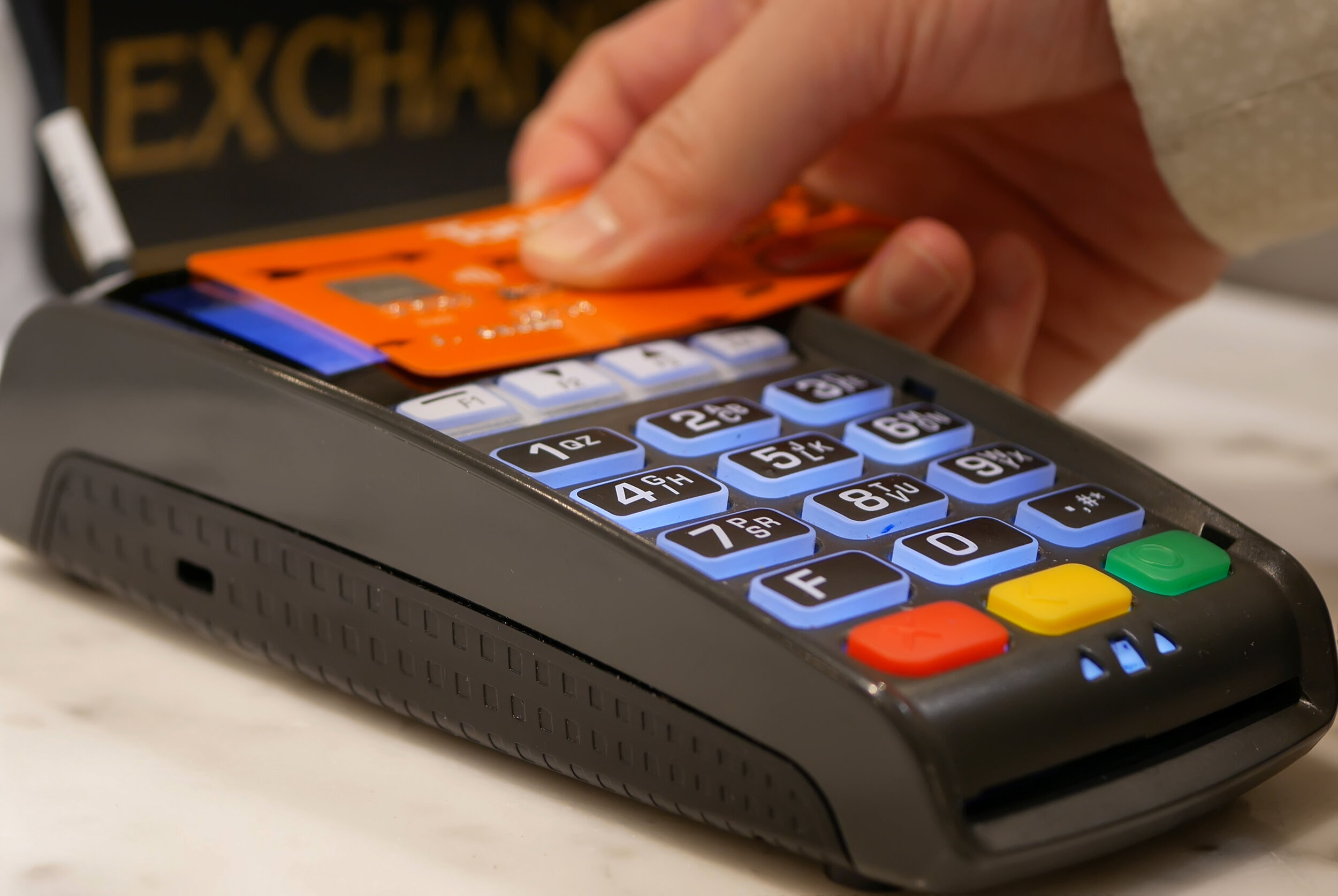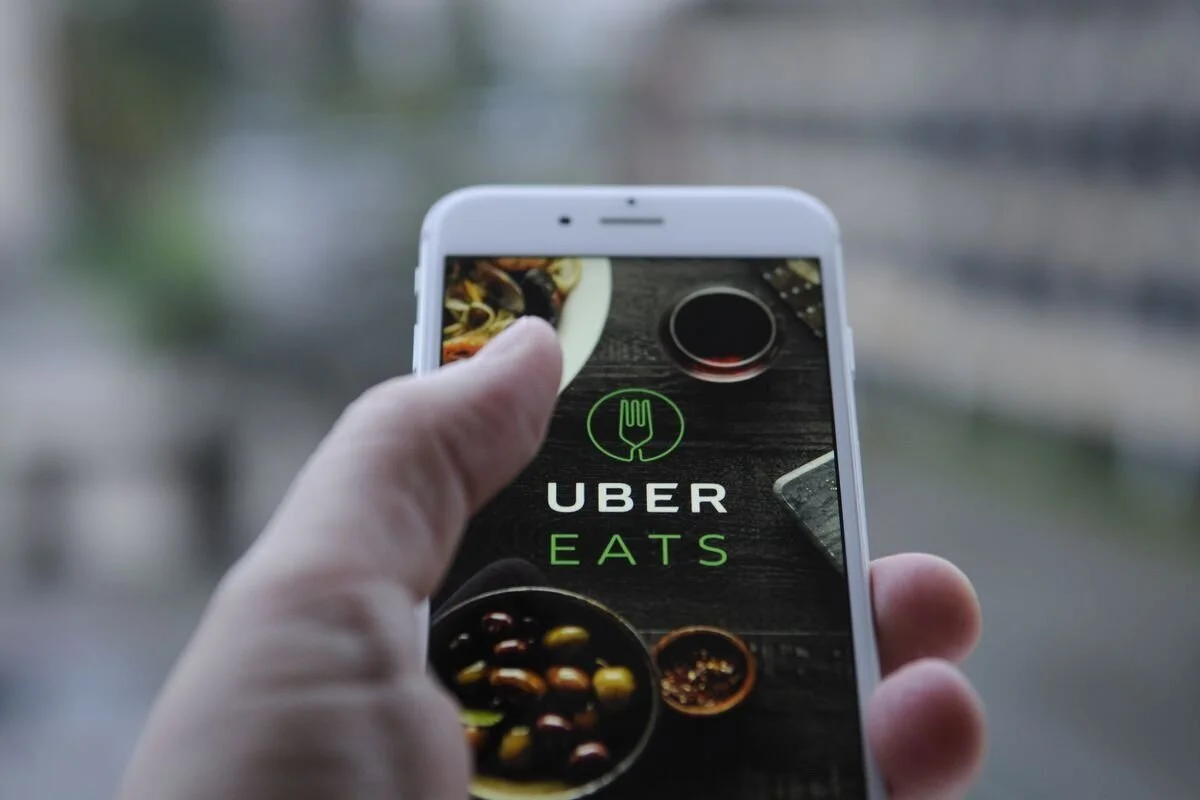

By Mario Toneguzzi
The Bank of Canada is urging retailers to continue to accept cash payment during the COVID-19 (coronavirus) pandemic to ensure Canadians continue to have access to the goods and services they need.
The Bank said refusing cash purchases outright will put an undue burden on people who depend on cash and have limited payment options.
“There are many individuals who, for a variety of reasons, do not have access to credit or debit cards and must pay with coins and bills. We know that SARS-CoV-2 (COVID-19) can stick to surfaces for a few hours to a few days, and this may include hard currency,” said Dr. Isaac Bogoch, an infectious diseases physician and scientist with the Toronto General Hospital Research Institute.
“Still, we can find ways to ensure that all Canadians have access to essential goods and services, even if they are using cash. Risk can be mitigated in retail settings using a variety of methods, including ensuring access to hand hygiene for all employees.”


Karl Littler, Senior Vice President, Public Affairs at the Retail Council of Canada, said many of the Council’s members are still accepting cash obviously with some real attention to the sanitization of surfaces and hands.
“Strictly speaking cash is no different than any other surface. It’s not like it has an inherent problem relative to any other surface that you touch,” he said. “But obviously it is an incremental surface that you touch.
“And so our preference is where people can pay by tap, by contactless. If they can’t pay contactless then chip and PIN. Cash is obviously not our favourite method of payment. Tap is. But tap has some constraints. First it’s a $100 limit. Secondly if it’s credit some of them are unable for $250 but because of hard coating of payment system hardware it’s not workable in all cases.
“It is incidental in this circumstance but credit is also of course very expensive for us to accept and its use is rife right now because of ecommerce and because of contactless.”
On the cash side, the concern is if retailers don’t accept cash there is a bunch of people who are “unbanked” or their credit cards are maxed, said Littler.


“The last thing you want them to do is not be able to get food or not be able to get pharmacy or what have you. So our view is subject to the appropriate handling protocols which is the hand sanitization and the surface sanitization and so on, that cash is acceptable even though it is not the preferred method,” he said.
The one issue with cash that doesn’t apply with the use of cards is if someone pays in cash without the exact amount they receive cash back. The individual handling the cash should be going through the same protocols as they would be with respect to the PIN pad. They’re cleaning their hands. Going through a sanitization process.
“What we can’t control for is the fact we hand cash back and it can’t always be fresh from the bank or the roll of change. We’re handing over one person’s cash to another person and nobody did a wipe down of the cash itself. So then it becomes incumbent on the person receiving the cash back to make sure that they’re engaged in a sanitization of protocol of hands every time they touch the cash,” said Littler.
The retailers that are not accepting cash tend to be smaller, he said.
The Bank of Canada said it is encouraging Canadians to use the method of payment that they are the most comfortable with.


“However, the Bank strongly advocates that retailers continue to accept cash to ensure Canadians have access to the goods and services they need. Refusing cash purchases outright will put an undue burden on those who depend on cash and have limited payment options,” said the Bank in a statement.
It said it’s important to keep in mind that the risks posed from handling cash are no greater than those posed by touching other common surfaces like doorknobs, kitchen counters, and handrails. Canadians handling cash should follow the public health guidelines on COVID-19 and wash their hands often, as they would do for other activities, it said.
If individuals want to take additional safety precautions, it is also possible to clean polymer bank notes with a bit of soap and water since they are resistant to moisture. Note that this is not the case for older paper notes, the Bank added.
The Bank said it is working with financial institutions to ensure that there is no disruption to the cash supply during this “exceptional time” so Canadians can continue to have access to cash when they need it.


Mario Toneguzzi, based in Calgary has 37 years of experience as a daily newspaper writer, columnist and editor. He worked for 35 years at the Calgary Herald covering sports, crime, politics, health, city and breaking news, and business. For 12 years as a business writer, his main beats were commercial and residential real estate, retail, small business and general economic news. He nows works on his own as a freelance writer and consultant in communications and media relations/training. Email: mdtoneguzzi@gmail.com
TODAY’S TOP HEADLINES




![World’s 1st VUSE Storefront Opens in Downtown Toronto [Photos]](https://images.squarespace-cdn.com/content/v1/529fc0c0e4b088b079c3fb6d/1600809478182-51W99YAKSS061WZZZEA4/ke17ZwdGBToddI8pDm48kGhF2FCaXCFJZFEalRo8kqUUqsxRUqqbr1mOJYKfIPR7LoDQ9mXPOjoJoqy81S2I8N_N4V1vUb5AoIIIbLZhVYxCRW4BPu10St3TBAUQYVKc-1xO4ojbyXh6pGHoSehGwJrj31ldwyDpM9XrZmSoQV1hiaei2FKmHe5-h9rSbF7s/Screen%2BShot%2B2020-09-22%2Bat%2B5.03.35%2BPM.jpg)





![Cadillac Fairview Investing Heavily in its Montreal Shopping Centres [Feature]](https://retail-insider.mydev.ca/wp-content/uploads/2018/12/Thumb3-324x160.jpg)
Where is the evidence that the virus can be transmitted by cash or any other surface? The US FDA confirmed weeks ago that is not the case. Purrly rumor and fear screwing up society.